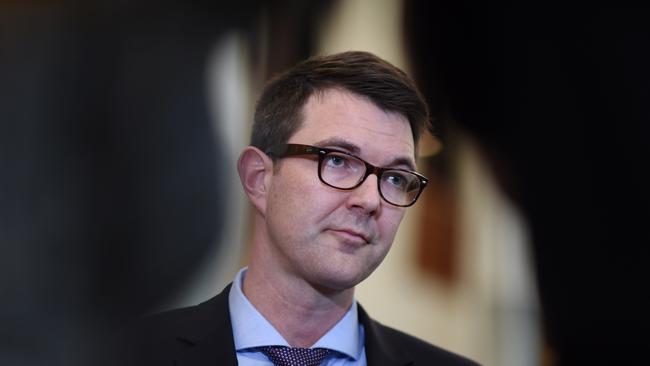Health directory shows universal bulk billing has almost disappeared in Tasmania
UNIVERSAL bulk billing has almost been wiped out of existence in Tasmanian general practices and the situation is likely to worsen, says the head of the Royal Australian College of General Practitioners.

UNIVERSAL bulk billing has almost been wiped out of existence in Tasmanian general practices and the situation is likely to worsen, says the head of the Royal Australian College of General Practitioners.
Online appointment bookings and directory service HealthEngine lists more than 70,000 practices and currently has just 15 Tasmanian general practices listed as providing bulk billing to all patients.
A HealthEngine spokeswoman said the information was provided directly by practices and “it is their responsibility to contact us and have their profile updated should their pricing model change”.
“According to our directory, there are 15 practices that offer bulk billing in Tasmania,” she said.
RACGP president and Tasmanian GP Bastian Seidel said billing patterns had changed because of the Federal Government’s continued freeze on the Medicare rebate.
“I would be surprised if there was actually any universally bulk billing practice in Hobart or Launceston now,” Dr Seidel said.
“The vast majority would certainly bulk bill pensioners and concession card holders, but we are now seeing GP practices charging those patients as well because the rebate doesn’t represent the true cost of a medical consultation.”
Bulk billing rates in Tasmania dropped in the September quarter for the second quarter in a row.
Tasmania already had the second-lowest rates before the latest Department of Health figures, which showed a fall from 76.4 per cent in the June quarter to 74 per cent in the latest quarter. The bulk billing rate reflects the number of services provided, not the percentage of patients bulk billed.
Dr Seidel said he believed the next quarter’s results would show even lower rates.
Last month, Australian Institute of Health and Welfare figures showed health spending rose 2.4 per cent to $66.2 billion in 2014-15, compared with 2.3 per cent inflation.
The Federal Government’s final budget outcome also revealed an underspend of $177 million on medical services and benefits in 2015-16.
Dr Seidel said lifting the freeze for GP items would cost about $150 million a year.
“So the money is certainly there and GPs can’t deliver services cheaper, it just doesn’t work that way,” he said.
The Department of Health has said doctors set their own bulk billing fees and no government had consistently overseen higher bulk billing rates than the present government.
Originally published as Health directory shows universal bulk billing has almost disappeared in Tasmania



